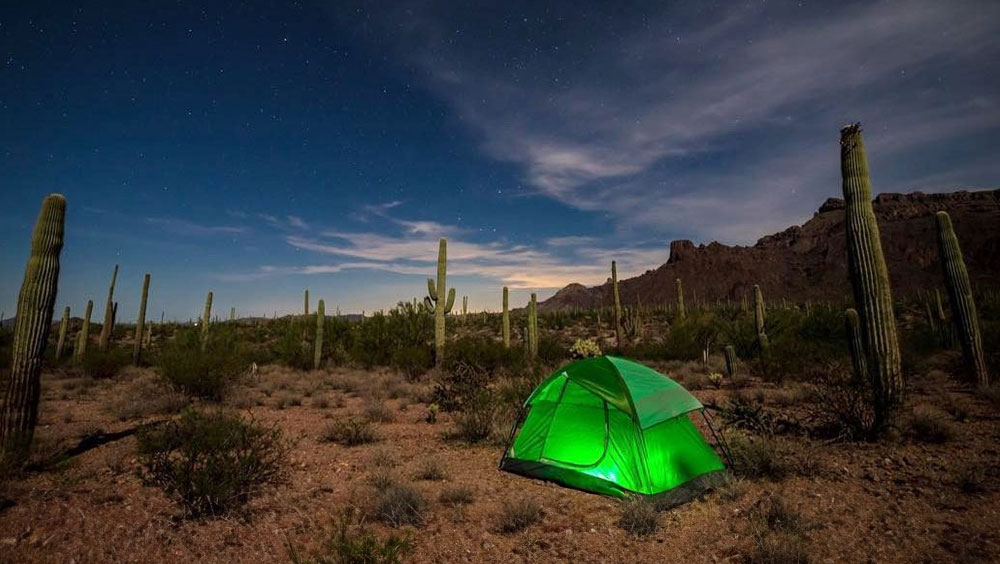Have you ever wanted to escape the busy campgrounds and find solitude in nature? If so, you might be asking, what is dispersed camping? This increasingly popular style of outdoor adventure allows campers to experience the great outdoors far from developed campsites. It's a way to enjoy nature off the beaten path, often for free, while following certain rules to preserve the environment. Let's explore what dispersed camping is, where you can do it, and how to do it responsibly.
Understanding What Is Dispersed Camping
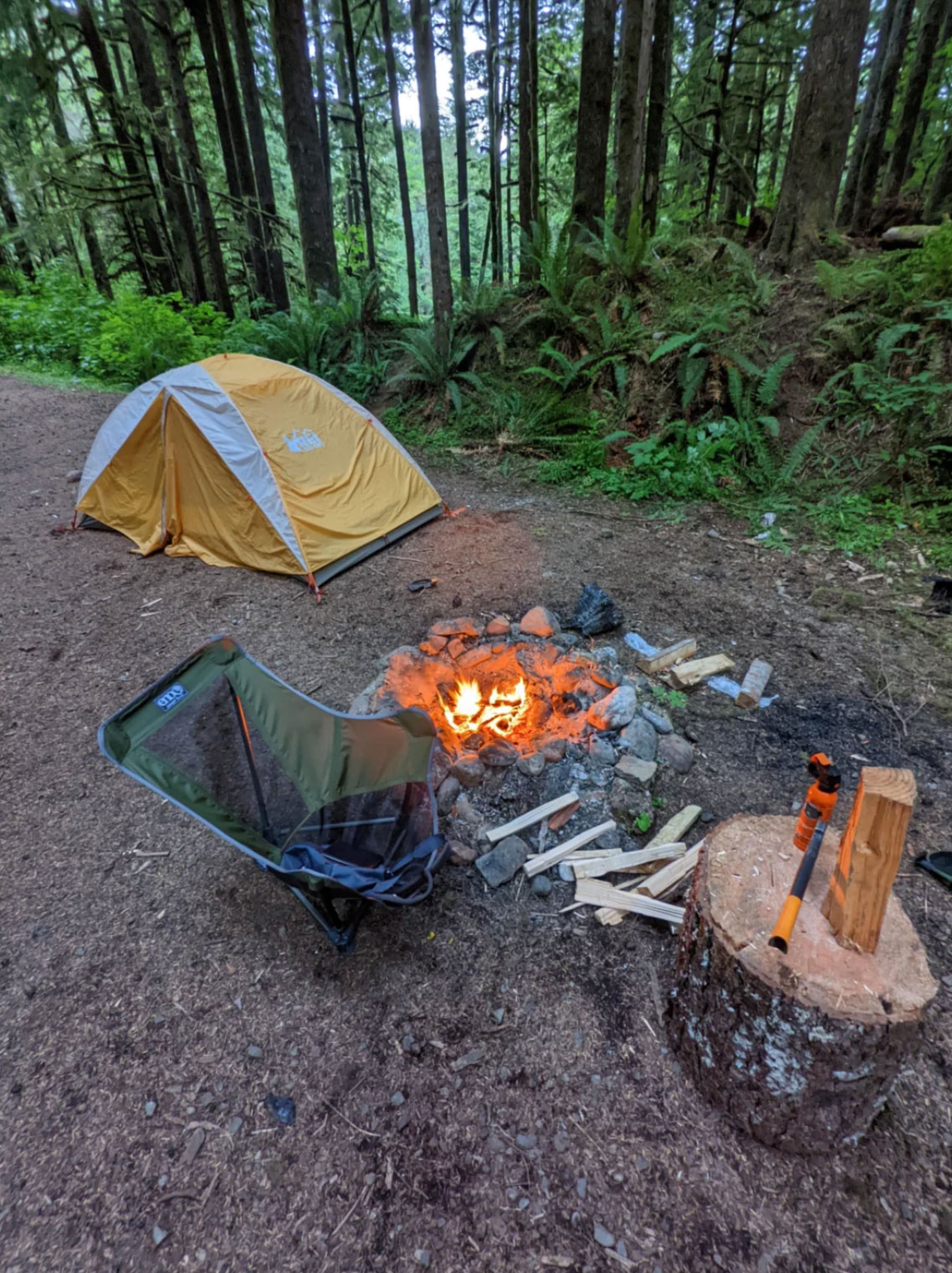
What is dispersed camping? In the simplest terms, dispersed camping refers to camping outside of designated campgrounds, typically on public lands managed by agencies such as the U.S. Forest Service or Bureau of Land Management (BLM). Unlike traditional campgrounds, dispersed camping areas don’t have amenities like restrooms, fire pits, or water hookups. This type of camping emphasizes solitude and self-sufficiency, making it ideal for seasoned adventurers or anyone seeking a more natural and rugged camping experience.
Where Can You Go Dispersed Camping?
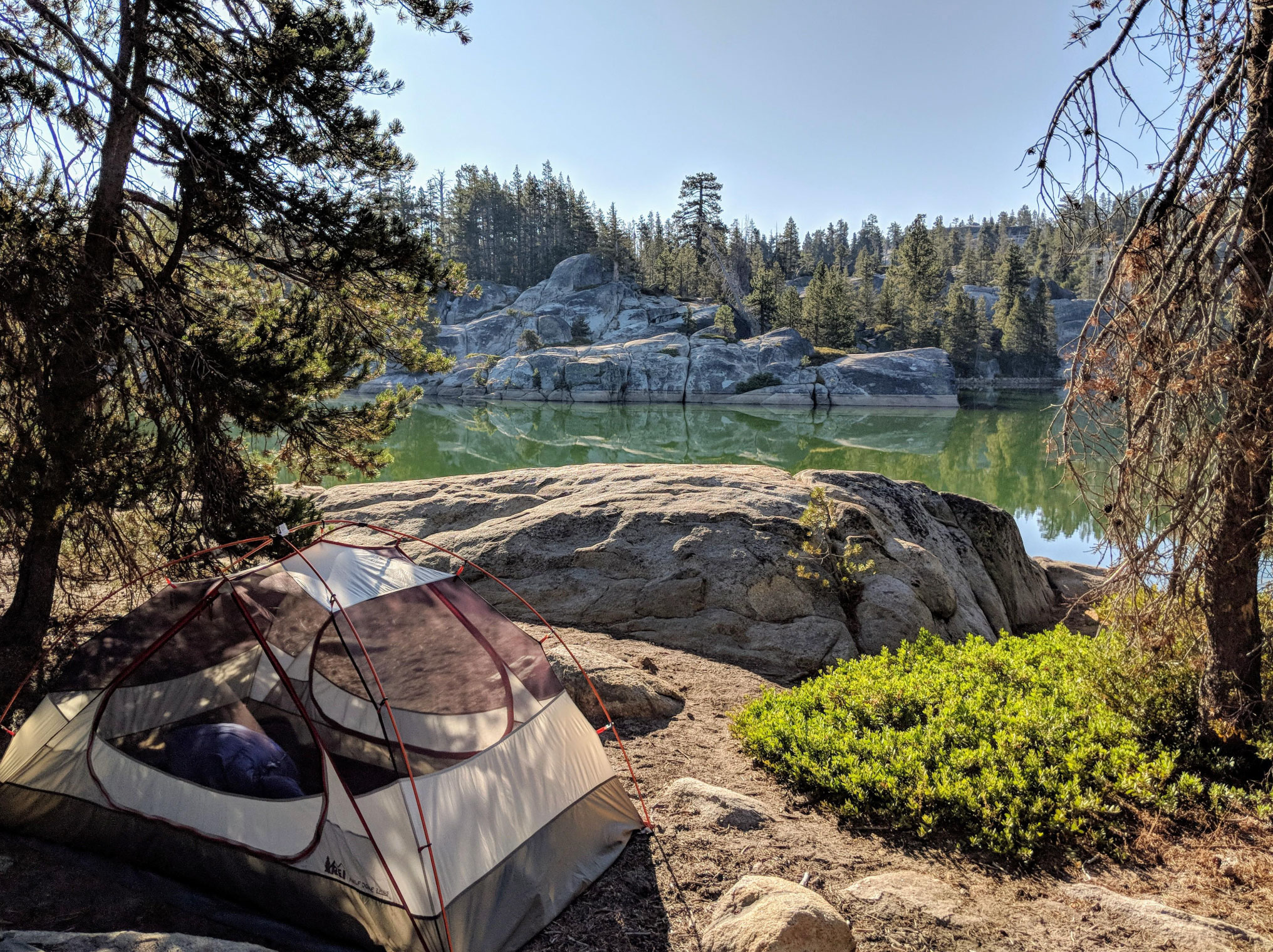
Dispersed camping is generally allowed in many national forests and BLM lands across the United States. When exploring what is dispersed camping, it's important to understand location rules and regulations. Most public lands will have specific guidelines about how far you must camp from roads, water sources, and trails. Always check with the local land management office before setting out to ensure that dispersed camping is allowed and to obtain maps or additional tips about permitted areas.
Benefits of Dispersed Camping
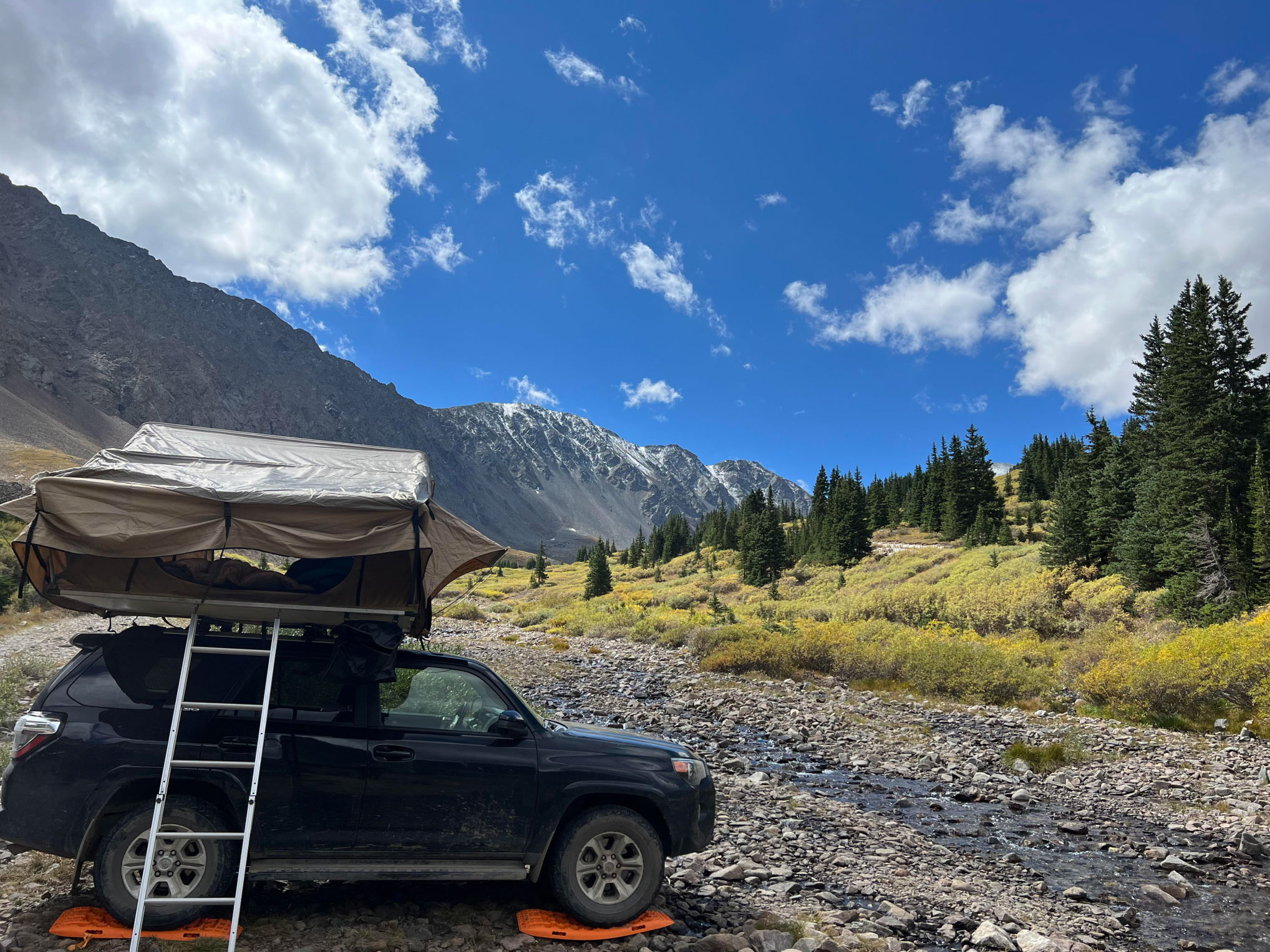
One of the major appeals of dispersed camping is the opportunity to avoid crowded campgrounds and connect with nature on a deeper level. Since dispersed camping is typically free, it’s also a budget-friendly way to travel. More than just answering the question, what is dispersed camping, this form of outdoor recreation allows you to fully immerse yourself in scenic beauty, enjoy quiet solitude, and personalize your camping experience without the constraints of traditional sites.
Challenges You Might Face
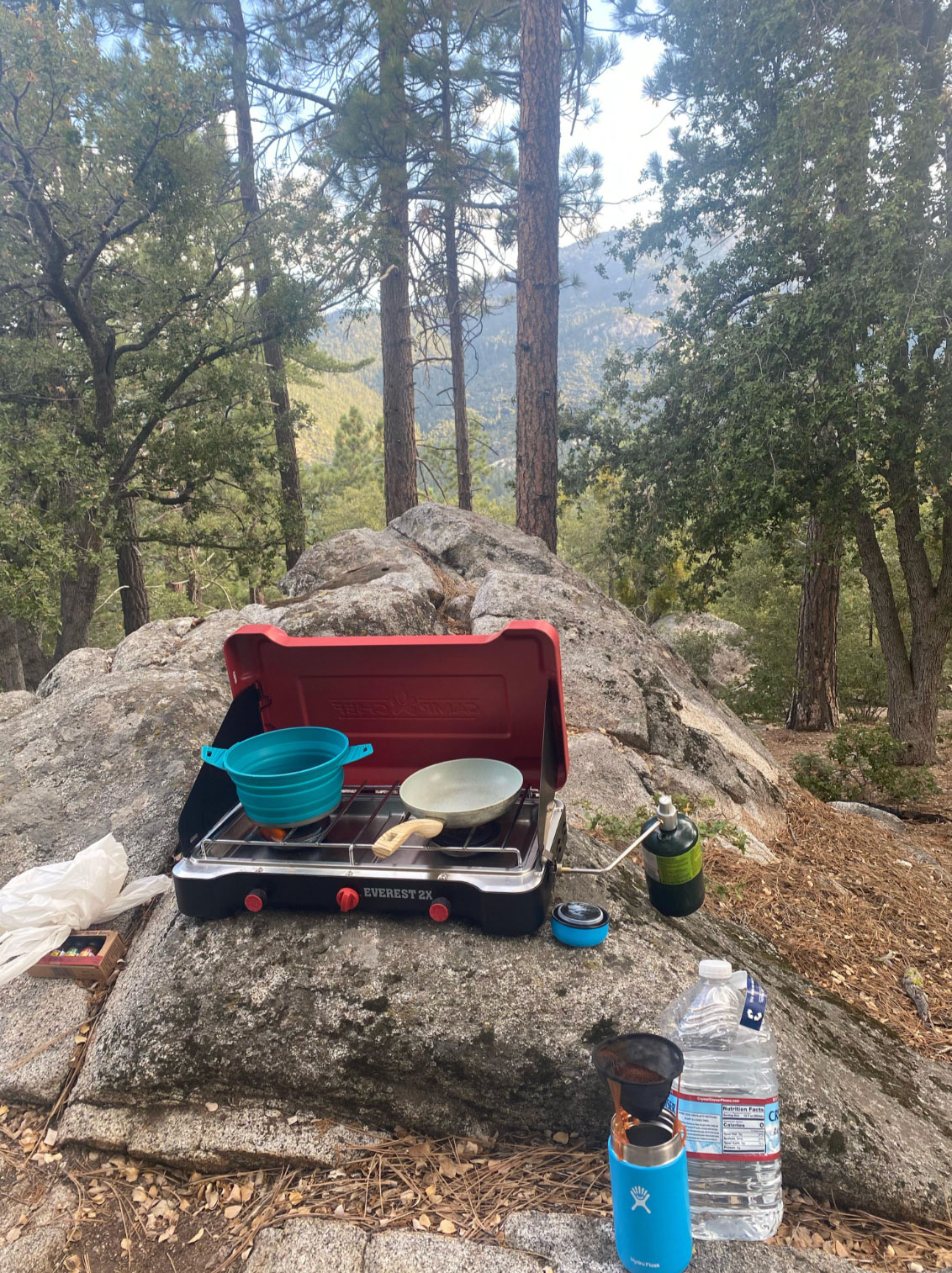
While embracing the wilderness sounds enticing, dispersed camping comes with its challenges. There are no facilities, so you must pack in all supplies and pack out all trash. Finding level ground and safe places to camp may require research or exploration. By understanding what is dispersed camping, you can better prepare for these elements—from weather unpredictability to the need for water filtration and bathroom alternatives.
Leave No Trace Principles
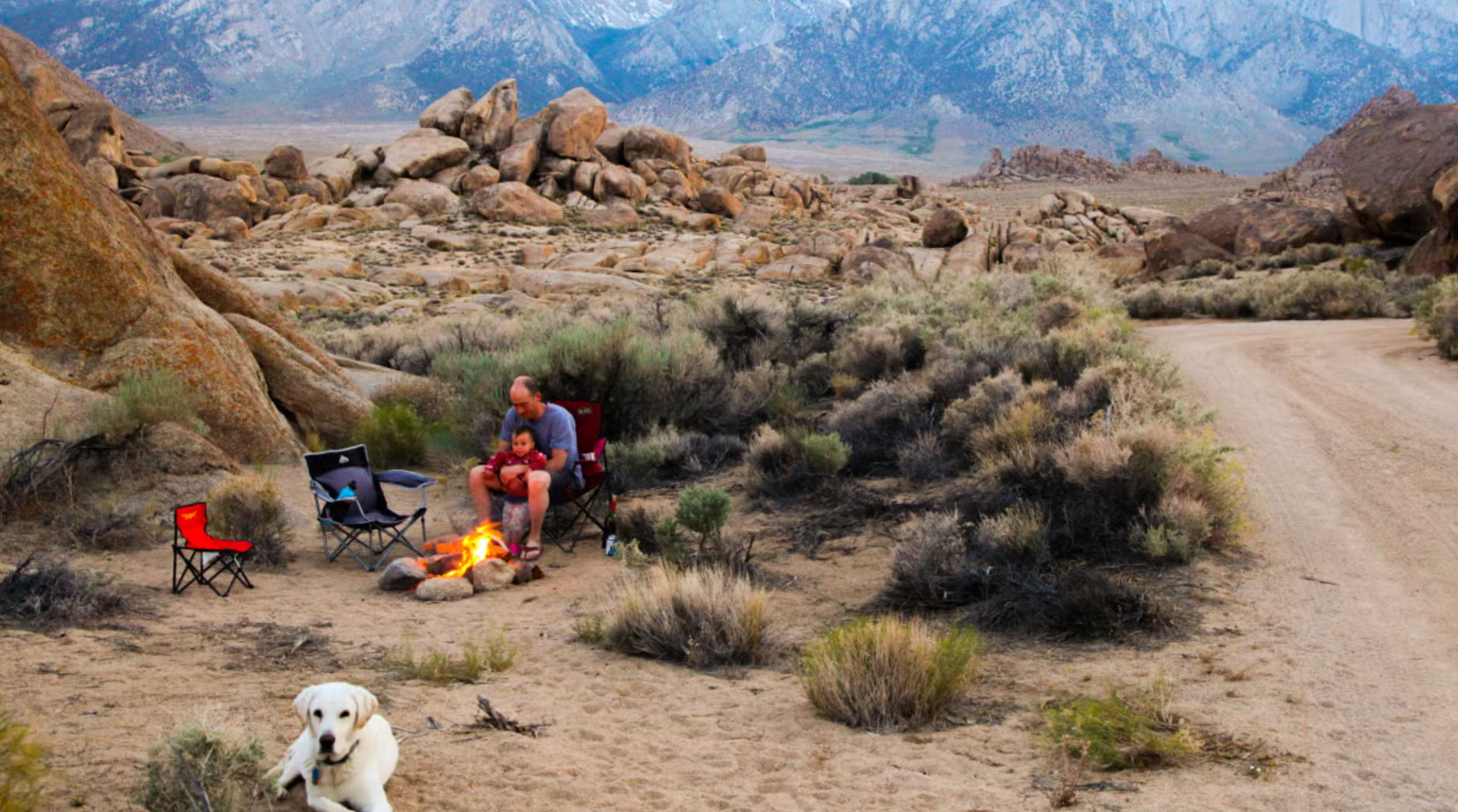
Understanding what is dispersed camping also means committing to environmental responsibility. The Leave No Trace principles are essential: dispose of waste properly, minimize campfire impact, and respect wildlife. Campers should stay on durable surfaces, camp at least 200 feet away from water, and leave natural areas as they found them. These practices protect our wild spaces and ensure that others can enjoy them in the future.
Essential Gear for Dispersed Camping
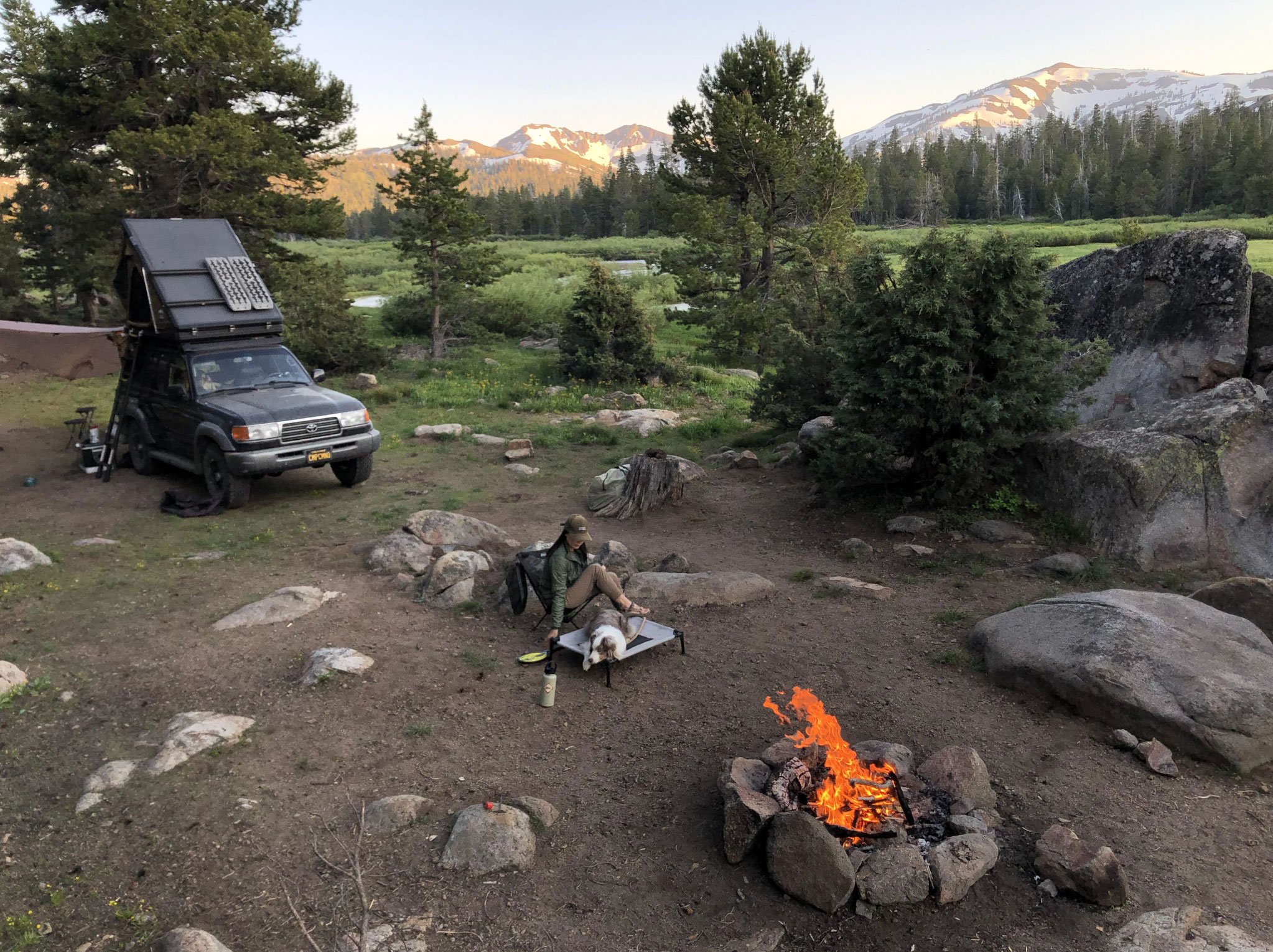
When planning for dispersed camping, having the right gear is crucial. Make sure you bring a map, GPS or navigation tools, a reliable tent, plenty of water or filtration equipment, a portable stove, and waste disposal supplies. Understanding what is dispersed camping means accepting that you are your own park ranger — so being prepared can make the difference between a great experience and a frustrating one.
Tips for a Successful Trip
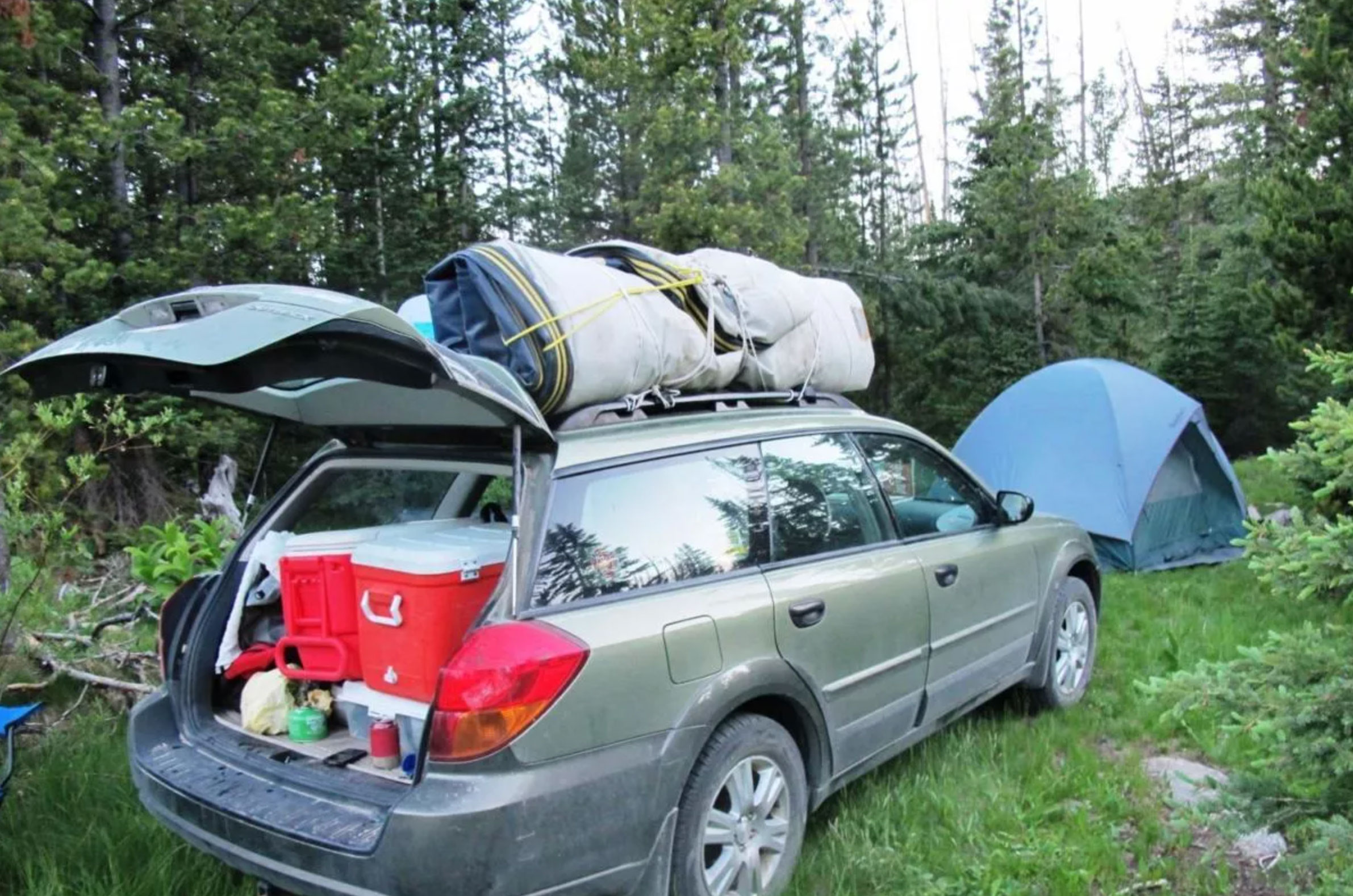
To make the most out of your dispersed camping trip, plan ahead. Let someone know your itinerary, arrive early to find a good camping spot, and bring extra food and emergency supplies. Also, be aware of fire regulations, especially in dry seasons. By fully understanding what is dispersed camping and the unique considerations involved, you’ll be better equipped to enjoy a safe and memorable trip.
Dispersed camping offers a rare chance to connect deeply with nature in a peaceful, undisturbed setting. Now that you know what is dispersed camping, you're better prepared to explore public lands responsibly and enjoy the freedom it offers. With proper planning and respect for nature, your camping experience can be both adventurous and sustainable. So pack your gear, plan your route, and enjoy the great outdoors—one secluded site at a time.

